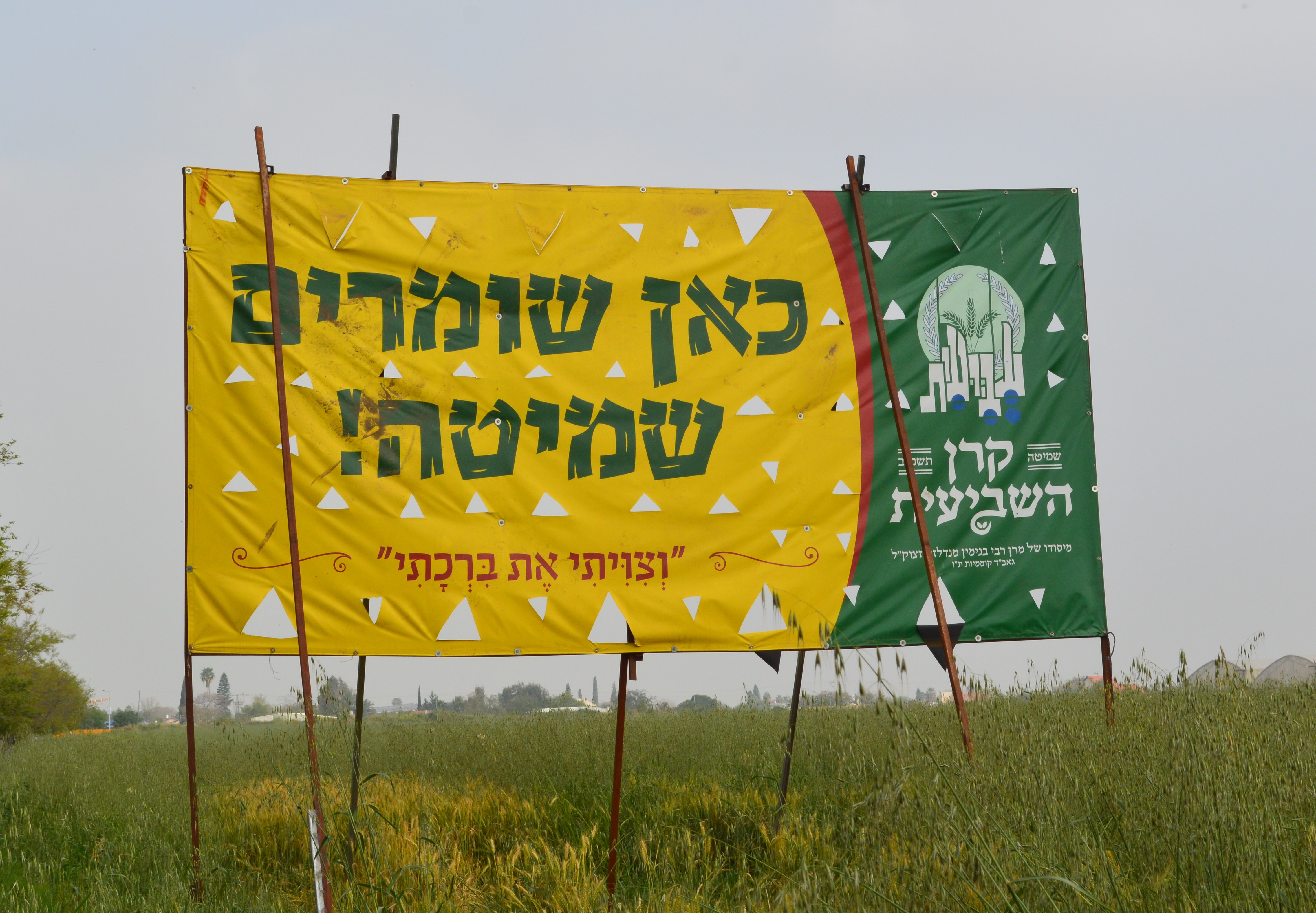|
David Tal (politician)
David Tal ( he, דוד טל) (born 26 January 1950) is an Israeli politician and a former member of the Knesset. He was a member of the Kadima faction. Biography Born in Tunisia and raised in Rehovot, Tal studied at an ORT high school in that city. He served as a First Sergeant during his national service in the IDF and afterwards worked as a mechanic. He speaks English, Arabic and Tunisian. He lives in Rishon LeZion with his wife. He has six children. Political career He joined the Sephardi Haredi party Shas, and began his political career as a member of the Rishon LeZion municipal council. In 1996 he was elected to the Knesset on the Shas list and became a Deputy Speaker of the Knesset. He retained his seat in the 1999 elections and was reappointed Deputy Speaker, also becoming chairman of the Labour, Welfare, and Health Committee and the Joint Committee for Automobile Insurance Arrangements. He resigned from the Knesset in November 2002 and joined Amir Peretz's new One Na ... [...More Info...] [...Related Items...] OR: [Wikipedia] [Google] [Baidu] |
Tunisia
) , image_map = Tunisia location (orthographic projection).svg , map_caption = Location of Tunisia in northern Africa , image_map2 = , capital = Tunis , largest_city = capital , coordinates = , official_languages = Arabic Translation by the University of Bern: "Tunisia is a free State, independent and sovereign; its religion is the Islam, its language is Arabic, and its form is the Republic." , religion = , languages_type = Spoken languages , languages = Minority Dialects : Jerba Berber (Chelha) Matmata Berber Judeo-Tunisian Arabic (UNESCO CR) , languages2_type = Foreign languages , languages2 = , ethnic_groups = * 98% Arab * 2% Other , demonym = Tunisian , government_type = Unitary presidential republic , leader_title1 = President , leader_name1 = Kais Saied , leader_ti ... [...More Info...] [...Related Items...] OR: [Wikipedia] [Google] [Baidu] |
Haredi Judaism
Haredi Judaism ( he, ', ; also spelled ''Charedi'' in English; plural ''Haredim'' or ''Charedim'') consists of groups within Orthodox Judaism that are characterized by their strict adherence to ''halakha'' (Jewish law) and traditions, in opposition to modern values and practices. Its members are usually referred to as ultra-Orthodox in English; however, the term "ultra-Orthodox" is considered pejorative by many of its adherents, who prefer terms like strictly Orthodox or Haredi. Haredi Jews regard themselves as the most religiously authentic group of Jews, although other movements of Judaism disagree. Some scholars have suggested that Haredi Judaism is a reaction to societal changes, including political emancipation, the ''Haskalah'' movement derived from the Enlightenment, acculturation, secularization, religious reform in all its forms from mild to extreme, the rise of the Jewish national movements, etc. In contrast to Modern Orthodox Judaism, followers of Haredi Judaism ... [...More Info...] [...Related Items...] OR: [Wikipedia] [Google] [Baidu] |
People From Rehovot
A person ( : people) is a being that has certain capacities or attributes such as reason, morality, consciousness or self-consciousness, and being a part of a culturally established form of social relations such as kinship, ownership of property, or legal responsibility. The defining features of personhood and, consequently, what makes a person count as a person, differ widely among cultures and contexts. In addition to the question of personhood, of what makes a being count as a person to begin with, there are further questions about personal identity and self: both about what makes any particular person that particular person instead of another, and about what makes a person at one time the same person as they were or will be at another time despite any intervening changes. The plural form "people" is often used to refer to an entire nation or ethnic group (as in "a people"), and this was the original meaning of the word; it subsequently acquired its use as a plural form of per ... [...More Info...] [...Related Items...] OR: [Wikipedia] [Google] [Baidu] |
1950 Births
Year 195 ( CXCV) was a common year starting on Wednesday (link will display the full calendar) of the Julian calendar. At the time, it was known as the Year of the Consulship of Scrapula and Clemens (or, less frequently, year 948 '' Ab urbe condita''). The denomination 195 for this year has been used since the early medieval period, when the Anno Domini calendar era became the prevalent method in Europe for naming years. Events By place Roman Empire * Emperor Septimius Severus has the Roman Senate deify the previous emperor Commodus, in an attempt to gain favor with the family of Marcus Aurelius. * King Vologases V and other eastern princes support the claims of Pescennius Niger. The Roman province of Mesopotamia rises in revolt with Parthian support. Severus marches to Mesopotamia to battle the Parthians. * The Roman province of Syria is divided and the role of Antioch is diminished. The Romans annexed the Syrian cities of Edessa and Nisibis. Severus re-establ ... [...More Info...] [...Related Items...] OR: [Wikipedia] [Google] [Baidu] |
2009 Israeli Legislative Election
9 (nine) is the natural number following and preceding . Evolution of the Arabic digit In the beginning, various Indians wrote a digit 9 similar in shape to the modern closing question mark without the bottom dot. The Kshatrapa, Andhra and Gupta started curving the bottom vertical line coming up with a -look-alike. The Nagari continued the bottom stroke to make a circle and enclose the 3-look-alike, in much the same way that the sign @ encircles a lowercase ''a''. As time went on, the enclosing circle became bigger and its line continued beyond the circle downwards, as the 3-look-alike became smaller. Soon, all that was left of the 3-look-alike was a squiggle. The Arabs simply connected that squiggle to the downward stroke at the middle and subsequent European change was purely cosmetic. While the shape of the glyph for the digit 9 has an ascender in most modern typefaces, in typefaces with text figures the character usually has a descender, as, for example, in . The mod ... [...More Info...] [...Related Items...] OR: [Wikipedia] [Google] [Baidu] |
Shmita
The sabbath year (shmita; he, שמיטה, literally "release"), also called the sabbatical year or ''shǝvi'it'' (, literally "seventh"), or "Sabbath of The Land", is the seventh year of the seven-year agricultural cycle mandated by the Torah in the Land of Israel and is observed in Judaism. During ''shmita'', the land is left to lie fallow and all agricultural activity, including plowing, planting, pruning and harvesting, is forbidden by ''halakha'' (Jewish law). Other cultivation techniques (such as watering, fertilizing, weeding, spraying, trimming and mowing) may be performed as a preventive measure only, not to improve the growth of trees or other plants. Additionally, any fruits or herbs which grow of their own accord and where no watch is kept over them are deemed ''hefker'' (ownerless) and may be picked by anyone. A variety of laws also apply to the sale, consumption and disposal of ''shmita'' produce. All debts, except those of foreigners, were to be remitted. Chapt ... [...More Info...] [...Related Items...] OR: [Wikipedia] [Google] [Baidu] |
2006 Israeli Legislative Election
Elections for the 17th Knesset were held in Israel on 28 March 2006. The voting resulted in a plurality of seats for the then-new Kadima party, followed by the Labor Party, and a major loss for the Likud party. After the election, the government was formed by the Kadima, Labor, Shas, and Gil parties, with the Yisrael Beiteinu party joining the government later. The Prime Minister was Ehud Olmert, leader of Kadima, who had been the acting prime minister going into the election. Background 2003 election and later developments In the 2003 elections, Likud, under the leadership of Prime Minister Ariel Sharon, achieved a convincing win by Israeli standards, winning 38 seats in the 120-member Knesset (parliament), with Sharon perceived as tough anti-terrorist leader on the wings of his 2002 Operation Defensive Shield. Labor, led by Amram Mitzna under slogans for "disengagement" from Gaza, won only 19 seats and did not initially join the new government. Following the 2003 electio ... [...More Info...] [...Related Items...] OR: [Wikipedia] [Google] [Baidu] |
Likud
Likud ( he, הַלִּיכּוּד, HaLikud, The Consolidation), officially known as Likud – National Liberal Movement, is a major centre-right to right-wing political party in Israel. It was founded in 1973 by Menachem Begin and Ariel Sharon in an alliance with several right-wing parties. Likud's landslide victory in the 1977 elections was a major turning point in the country's political history, marking the first time the left had lost power. In addition, it was the first time in Israel that a right-wing party won the plurality of the votes. After ruling the country for most of the 1980s, the party lost the Knesset election in 1992. Likud's candidate Benjamin Netanyahu won the vote for Prime Minister in 1996 and was given the task of forming a government after the 1996 elections. Netanyahu's government fell apart after a vote of no confidence, which led to elections being called in 1999 and Likud losing power to the One Israel coalition led by Ehud Barak. In 2001, Liku ... [...More Info...] [...Related Items...] OR: [Wikipedia] [Google] [Baidu] |
Labor Party (Israel)
The Israeli Labor Party ( he, מִפְלֶגֶת הָעֲבוֹדָה הַיִּשְׂרְאֵלִית, ), commonly known as HaAvoda ( he, הָעֲבוֹדָה, , The Labor), is a social democratic and Zionist political party in Israel. The party was established in 1968 by a merger of Mapai, Ahdut HaAvoda, and Rafi. Until 1977, all Israeli Prime Ministers were affiliated with the Labor movement. The current party leader is Merav Michaeli, who was elected in January 2021. The Labor Party is associated with supporting the Israeli–Palestinian peace process, pragmatic foreign affairs policies and social-democratic economic policies. The party is a member of the Progressive Alliance and is an observer member of the Party of European Socialists. The party was also a member of the Socialist International until May 2020. History Dominant political party 1968–1977 The foundations for the formation of the Israeli Labor Party were laid shortly before the 1965 Knesset election ... [...More Info...] [...Related Items...] OR: [Wikipedia] [Google] [Baidu] |
2003 Israeli Legislative Election
3 (three) is a number, numeral and digit. It is the natural number following 2 and preceding 4, and is the smallest odd prime number and the only prime preceding a square number. It has religious or cultural significance in many societies. Evolution of the Arabic digit The use of three lines to denote the number 3 occurred in many writing systems, including some (like Roman and Chinese numerals) that are still in use. That was also the original representation of 3 in the Brahmic (Indian) numerical notation, its earliest forms aligned vertically. However, during the Gupta Empire the sign was modified by the addition of a curve on each line. The Nāgarī script rotated the lines clockwise, so they appeared horizontally, and ended each line with a short downward stroke on the right. In cursive script, the three strokes were eventually connected to form a glyph resembling a with an additional stroke at the bottom: ३. The Indian digits spread to the Caliphate in the 9th ... [...More Info...] [...Related Items...] OR: [Wikipedia] [Google] [Baidu] |
Amir Peretz
Amir Peretz ( he, עָמִיר פֶּרֶץ; born on 9 March 1952) is an Israeli politician who served as a member of the Knesset for the Labor Party. A Knesset member almost continuously from 1988 to 2021, he has served as Minister of Defence, Minister of Economy, and Minister of Environmental Protection, as well as heading the Histadrut trade union federation between 1995 and 2006. After five years as mayor of Sderot, Peretz first became an MK for the Labor-dominated Alignment in 1988. In 1999 he left Labor to establish his own party, One Nation, which he led until merging it back into Labor in 2004. The following year he defeated Shimon Peres in a Labor leadership election and became Leader of the Opposition. Following the 2006 elections Labor joined the Kadima-led coalition government, with Peretz appointed Minister of Defense and Deputy Prime Minister. His subsequent tenure as Defense Minister included the 2006 Lebanon War and approval of the Iron Dome defence syst ... [...More Info...] [...Related Items...] OR: [Wikipedia] [Google] [Baidu] |
1999 Israeli Legislative Election
Early general elections for both the Prime Minister and the Knesset were held in Israel on 17 May 1999 following a vote of no confidence in the government; the incumbent Likud Prime Minister Benjamin Netanyahu, ran for re-election. This election was only the second time in Israeli history an election had been held for the Prime Minister's post in addition to elections for the Knesset. The first such election, in 1996 had been an extremely tight contest between Likud's Benjamin Netanyahu on the right, and Labor's Shimon Peres on the left; the right had won by less than one percent (about 29,000 votes). Ehud Barak, promising to storm the citadels of peace regarding negotiations with the Palestinians and withdraw from Lebanon by July 2000, ADL won the election in a landslide victory. ...
|

_1938.jpg)




